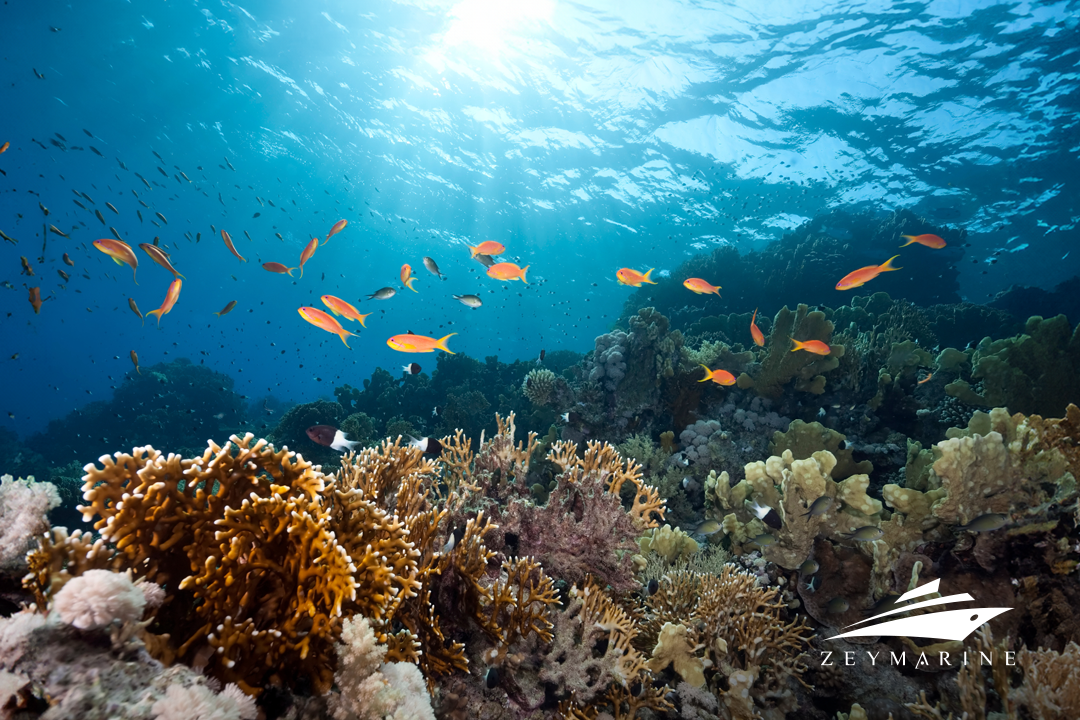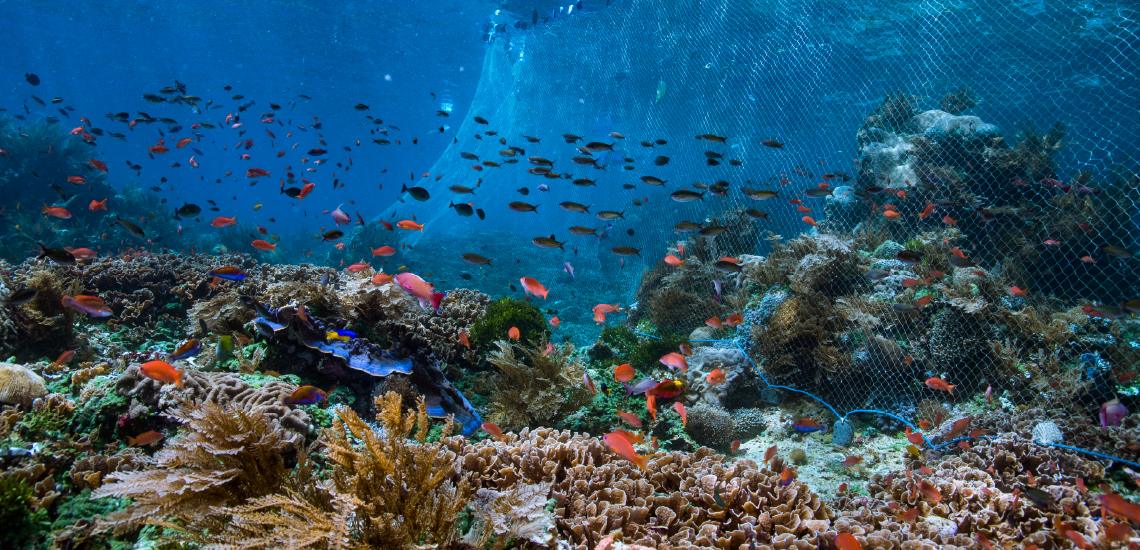We celebrate World Ocean Day. The topic for this year is “Catalyzing Action for Our Ocean & Climate,” which emphasizes how closely the battle against climate change and the condition of the ocean are intertwined. Let’s dwell on oceans and their significance on climate action.
Why Oceans are Important?
More than 70% of our world is composed of oceans, providing a wide range of ecosystem services that are vital to human life. Earth’s oxygen comes from phytoplankton at least 50% of the time. They use their chlorophyll to absorb sunlight, employ photosynthesis to turn it into the energy they require and release oxygen as a byproduct. Additionally, they absorb carbon dioxide, which results in an annual transfer of around 10 gigatonnes of carbon from the atmosphere deep into the ocean.
An essential component of the water cycle is the ocean. Water evaporates when the sun shines and the warm currents heat the ocean. This results in the formation of clouds as well as a rise in humidity and air temperature, which produces weather. Most of our globe would be covered in the desert without this mechanism.
Almost three billion people obtain their protein from the ocean, and all plants, vegetables, and animals have flourished because they have had access to water created by the ocean’s water cycle.
The oceans have greater significance now than the issue of climate change. The oceans are essential to the global carbon cycle because they take up around 25% of the carbon dioxide that humans release into the atmosphere.
Oceans play a crucial role in preventing climate change because of this natural process of sequestering carbon dioxide, which helps to slow down the rate of global warming. About 10 gigatonnes of carbon are transferred from the atmosphere deep into the ocean as a result of the ocean’s absorption of carbon dioxide.
Catalyzing Action for Our Ocean & Climate
Ocean Day, which has been celebrated since 2002, has so far given us hope for the future of our blue planet. A different theme is chosen each year for Ocean Day, which aims to grow the movement to protect and restore our oceans and develop a stronger global constituency to advocate for a healthy ocean and a stable climate.
For example, the five-year campaign that started in 2020 helped put plastic on the collective radar of the public, companies and governments. The aim was to “protect at least 30% of our lands, waters and oceans by 2030”.
A brand-new multi-year action topic, “Catalyzing Action for Our Ocean and Climate,” has been announced for 2024. The goal is to establish a more fair, egalitarian, and sustainable society in addition to a healthy blue planet by expanding the movement via transformational partnership.
How to Take Action?
World Ocean Day is a call to action given the pressing need for action. Together, governments and industries need to take some responsibility. Also, individuals can help reduce pollution.
Ocean acidification may be lessened and the rate of global warming can be slowed down by switching to renewable energy sources and cutting carbon emissions. For instance, in maritime shipping, renewable energy sources like wind power, solar power, biofuels etc. can be applied widely.
It is crucial to concentrate on many alternatives and to understand other points of view. The long-term health of our oceans may be preserved by encouraging sustainable seafood practices and lowering consumer demand for overfished and endangered seafood species.
Building a worldwide movement to conserve the seas may be facilitated through increasing public awareness of the significance of ocean conservation and integrating local communities in conservation initiatives.









